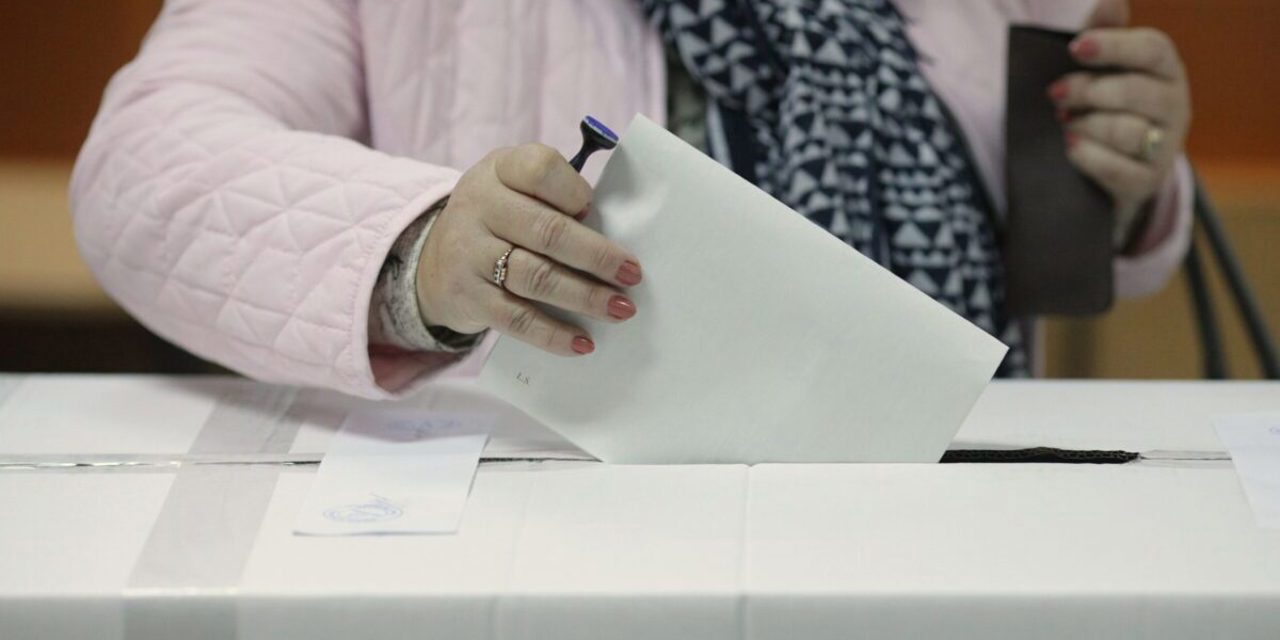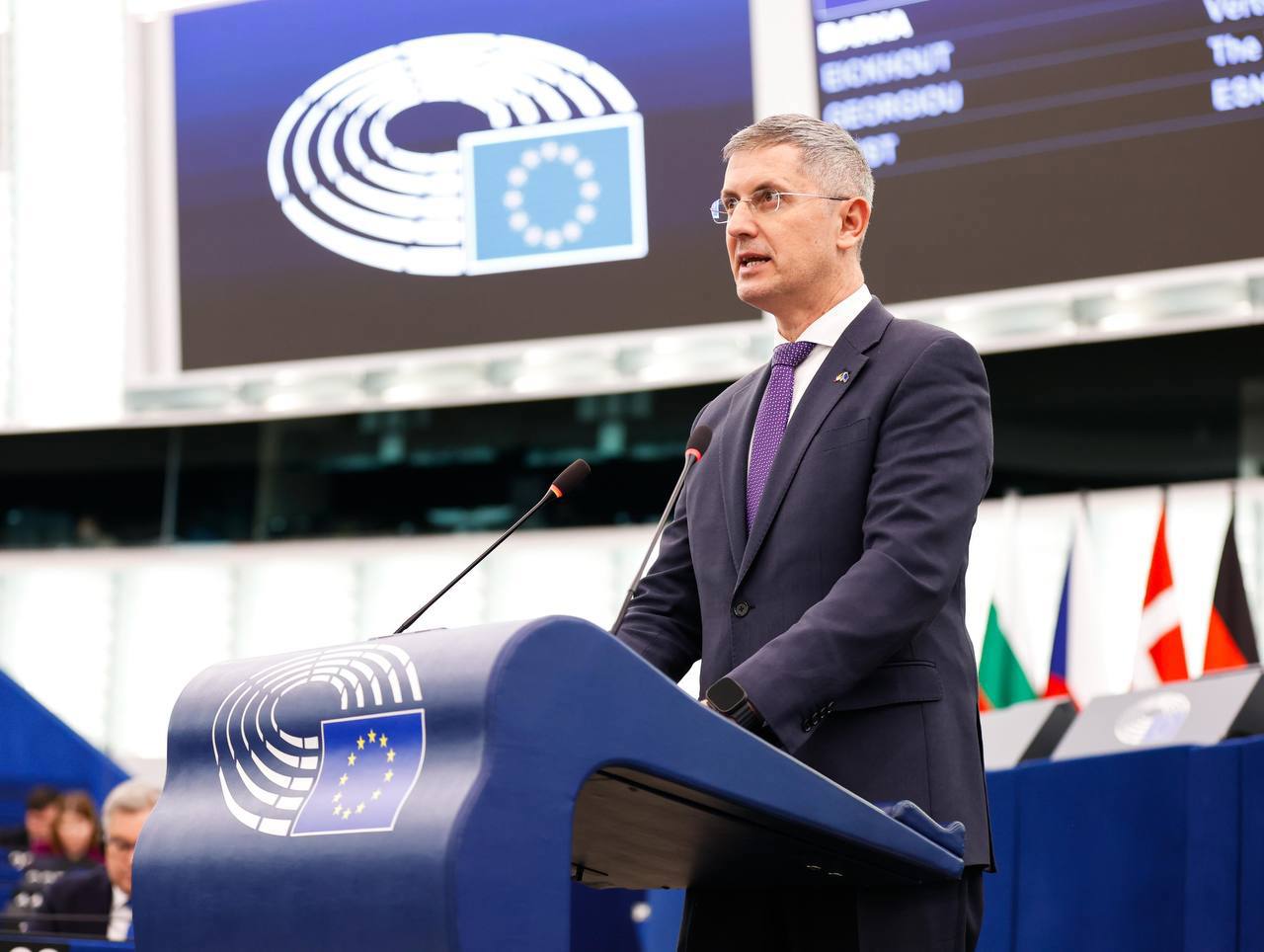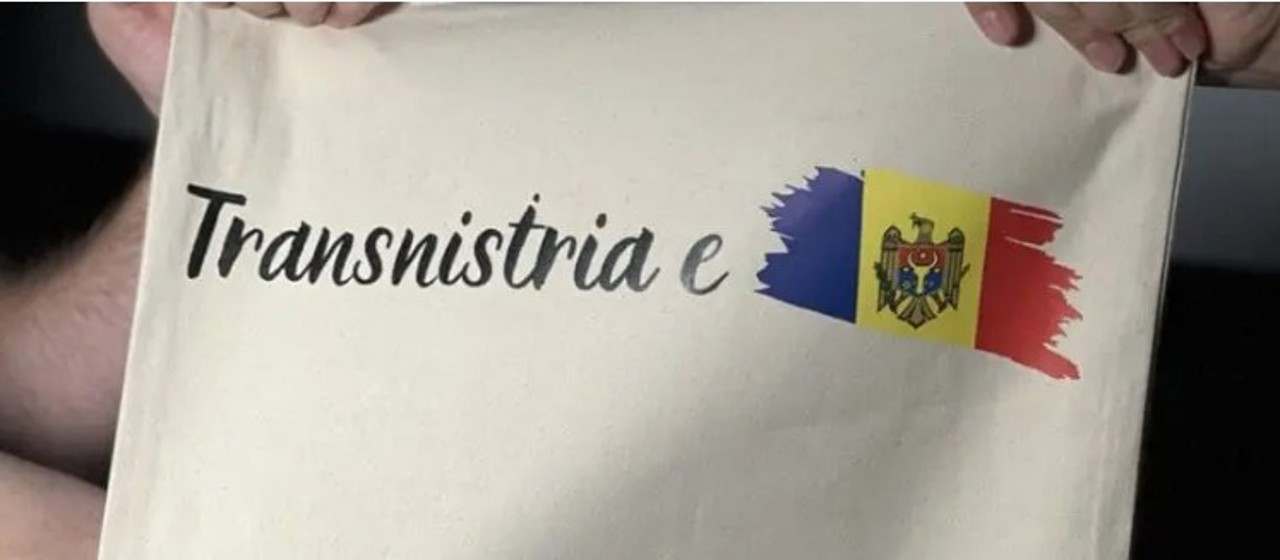Moldova cracks down on electoral corruption in 2025 race

Law enforcement agencies in Moldova are ramping up their efforts to combat electoral corruption ahead of the upcoming parliamentary elections.
Over 6,000 individuals have already received fines for their involvement in vote-buying schemes and for attempting to influence the 2024 elections and referendum. Of these cases, only 3% have been legally challenged, according to Viorel Cernăuțeanu, Head of the General Police Inspectorate.
At the same time, experts warn that many citizens accepted electoral bribes without fully understanding the legal consequences of their actions. They emphasize that while harsher penalties are necessary, punitive measures alone will not eradicate the phenomenon.
In recent years, fines for voter bribery have increased, yet they remain insufficient to deter such practices. Speaking on Radio Moldova's program "Zi de Zi," Igor Chiriac, Secretary of the Parliamentary Legal Committee on Appointments and Immunities, revealed that a new legislative proposal is under parliamentary review. The draft law introduces criminal liability for electoral bribery and includes amendments to the Criminal Code and the Code of Minor Offenses.
“We’ve seen people who bribed voters being sent to court, but they were only fined. That’s not enough to discourage this kind of offense,” Chiriac stated. “That’s why we aim to pass the draft in its second reading in the coming days, pending the government’s opinion. Those who attempt to buy votes should face criminal penalties, including prison time.”
Mihaela Duca-Anghelici, Head of the Research and Analysis Team at Promo-LEX, noted the importance of transparency in law enforcement efforts and emphasized the need for ongoing public communication. She added that many voters accepted bribes without realizing the risks or consequences involved.
We must understand that this is a serious issue, especially when it occurs on such a large scale,” she explained. “Authorities reported around 140,000 individuals who allegedly accepted electoral bribes in exchange for their votes. To achieve a deterrent effect, it’s crucial that the legal process is followed through completely—while also ensuring full respect for procedural rights.
Justice expert Alexandru Bot stressed that legal reform alone cannot resolve the issue. The root causes—such as poverty and a lack of civic awareness—must also be addressed.
Unfortunately, widespread poverty and weak civic consciousness make people more willing to sell their votes. That’s why this phenomenon was so prominent in past elections. We can only assess whether the new deterrent measures are effective during the next electoral cycle. For now, it's too early to draw conclusions.
Today, Viorel Cernăuțeanu confirmed that law enforcement agencies have documented approximately 140,000 cases of vote selling during the 2024 elections and referendum. He emphasized that the goal is not to punish citizens indiscriminately, but to prevent and eliminate electoral bribery ahead of future elections.
The investigation was made public in autumn 2024, when authorities revealed that thousands of individuals had been involved in a well-organized vote-buying network. The operation was allegedly coordinated by affiliates of Ilan Șor’s criminal group, using the Telegram messaging app for communications and processing payments through accounts at a commercial bank in Moscow.




